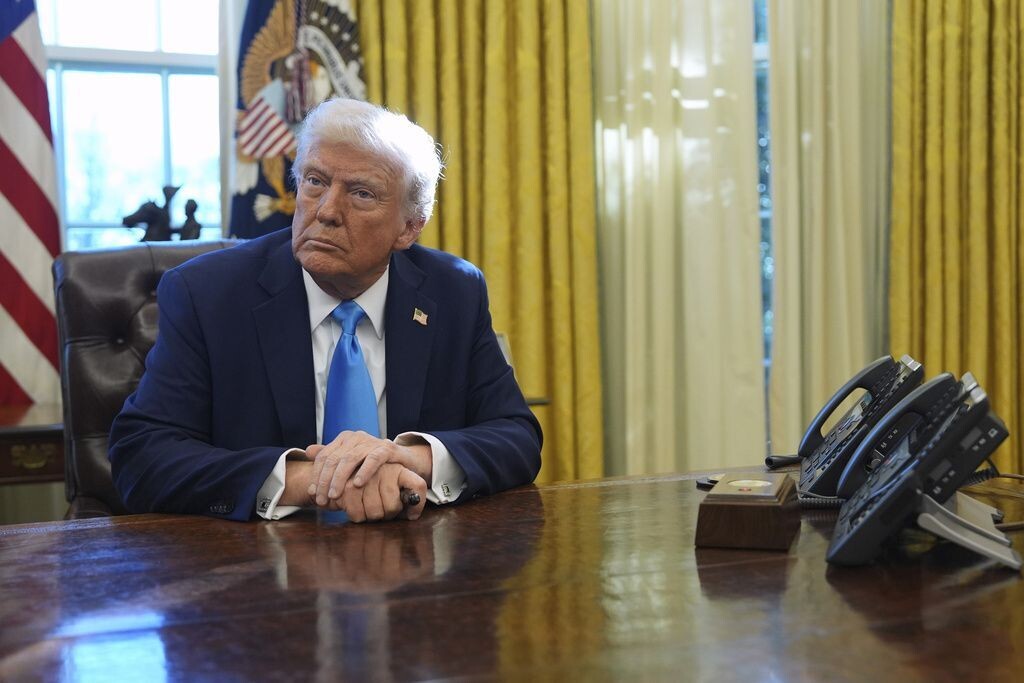
Trump's attempt to raise tariffs resulted in a complicated situation for both Mexico and Canada. His threat to increase tariffs by 25 percent on products coming from these countries raised alarms for current administrations. Trump's accusation about the alleged relationship of the Mexican government with drug cartels has generated significant tensions.
Trump lost credibility in the markets by launching this ineffective strategy. This highlights the importance of strengthening the internal economy and preparing for possible external aggressions. The citizen reaction against these anti-trade measures demonstrates the democratic exercise and freedom of expression in the United States.
It is essential to take concrete actions to strengthen the economy and democracy in the face of international uncertainty. The fear of a trade war affecting inflation and supply chains has created nervousness in global financial markets. Despite the temporary pause on tariff measures, uncertainty persists.
Lawrence Summers, former U.S. Treasury Secretary, criticized this action by Trump as dangerous and inexplicable. History shows how tariffs can trigger economic crises, making it crucial to focus on strengthening the internal market and the impoverished regions of the country. Globalization and the USMCA have provided export opportunities, but it is also necessary to boost "MADE IN MEXICO" to strengthen the national economy.
Both internal and external challenges must be addressed with solid actions and effective decisions to ensure peace, security, and the well-being of the nation. The opposition and alert from intellectuals and experts reveal concern about the economic and diplomatic implications of these measures. A strategic approach is necessary to deal with these conflicts and strengthen Mexico's position on the international stage.














